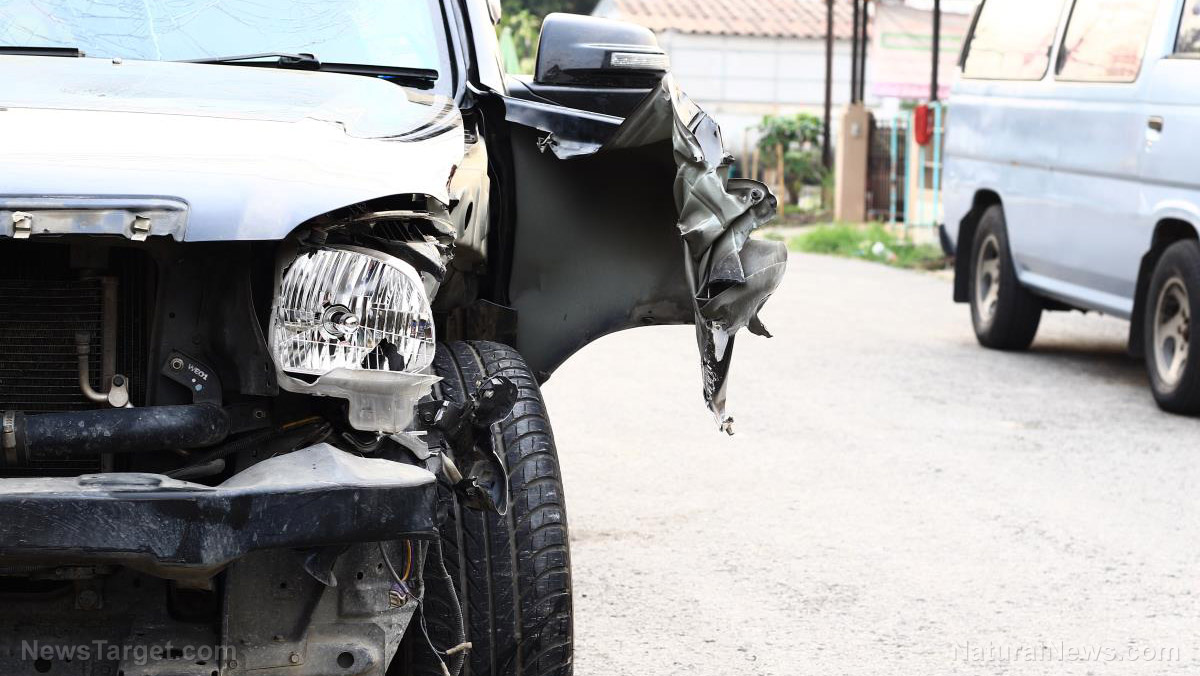
Japanese automotive manufacturing giant Toyota Motor Corporation has recalled 1.12 million vehicles worldwide because a short circuit in a sensor could result in airbags not deploying as designed.
The recall covers model years 2020 through 2022 and includes the following vehicles:
- Avalon
- Camry
- Corolla
- Lexus ES250, ES300H, ES350
- RAV4
- RX350 Highlander
- Sienna Hybrid
Toyota issued the recall because the potential short circuit could result in the Occupant Classification System (OCS) sensors not working. The recall mostly affects Toyota vehicles in the United States, with over one million North American vehicles involved.
OCS sensors are installed in the front seats of vehicles that prevent passenger airbags from deploying if the system detects a non-living object occupying the seat. They also do not deploy if a small adult or child is sitting in the front seat.
The automaker said that dealers will inspect and, if necessary, replace the sensors. Toyota plans to start notifying all affected owners in February 2024 about the recall. Toyota owners who believe their car might be affected are also urged to contact Toyota dealers directly, as the necessary systems will be replaced at no cost to owners. (Related: Electric car EXPLODES on driveway and sets fire to family home after battery malfunction.)
According to the National Highway Traffic Safety Administration, frontal airbags have saved more than 50,000 lives in America over 30 years. The agency noted that Toyota had recently installed new OCS sensors in its vehicles, a move prompted by the fact that older model airbags deployed the same way for all drivers and passengers, which resulted in some injuries and, in rare cases, even deaths to children, small adults and unbelted passengers who were too close to the airbag when it was deployed.
Toyota also recalled vehicles in 2022 due to issues with internal parts
This is not the first time Toyota has been forced to recall vehicles due to issues with the airbag sensors. In July 2022, Toyota also recalled 3,500 RAV4 vehicles in the U.S. due to potential interference between internal parts that could cause the OCS sensor to incorrectly detect the occupant.
Toyota conducted a noncompliance safety recall involving certain 2022 model year RAV4, RAV4 HEV and RAV4 PRIME vehicles – the latter two being hybrid cars – in the United States.
The 2022 recall was issued because the OCS sensor in the front passenger seat may not operate as designed and can affect airbag deployment. This can cause noncompliance with a federal safety standard and increase the risk of injury to a front-seat passenger during a crash.
Owners of involved vehicles were notified by mid-September 2022. Toyota dealers inspected the OCS sensors for all involved vehicles and, for the affected cars, dealers adjusted a stopper and seat frame assembly near the sensor to help recalibrate the system.
This is not the first time Toyota has been forced to recall vehicles for any reason just this year. In November, the carmaker recalled 1.9 million RAV4 vehicles in the U.S. because the batteries can shift during sharp turns and potentially cause a fire. A month prior, Toyota recalled more than 700,000 Toyota Highlander SUVs to replace the mounting tabs that hold the front bumper cover assembly in place. The company noted that even minor impacts could cause the assembly to fall off, creating more potential hazards for drivers.
Visit RoboCars.news for more stories about car safety issues.
Watch the video below to see car crash simulations at different speeds.
This video is from the TestimonyOfTheTwoWitnesses.com channel on Brighteon.com.
More related stories:
California DMV SUSPENDS Cruise’s driverless car permits for misrepresenting information on safety.
HAZARDOUS AIRBAG: General Motors faces recall of 20 million vehicles.
Sources include:
Please contact us for more information.


















